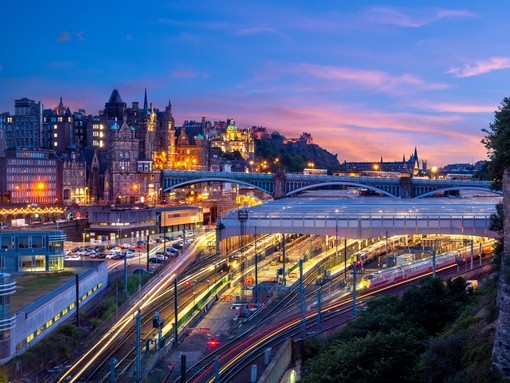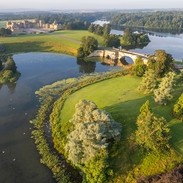Tourism Recovery Plan
The UK’s tourism industry during COVID-19 pandemic
The UK’s tourism industry was one of the hardest-hit sectors during the COVID-19 pandemic. In 2020, inbound flight arrivals to the UK dropped by 90% year-on-year, hotel occupancy fell significantly, and the sector was closed completely for at least six months of the year.
In a bid to help the industry recover post-pandemic, the UK Government set out the Tourism Recovery Plan in 2021, announced by then Tourism Minister Nigel Huddleston MP. It acknowledged the economic potential of the sector, set out a clear policy direction for the future, and detailed ambitions for domestic and international tourism recovery.
Why the Tourism Action Plan?
The Tourism Recovery Plan replaced the Tourism Sector Deal and the International Business Events Action Plan, both published in 2019, and was based on their foundations.
In the short term, the focus of the framework was to drive immediate tourism recovery from the COVID-19 pandemic by swiftly increasing trip volume and visitor spend. Looking long term, it focused on supporting the industry to be more ‘resilient, sustainable, inclusive and innovative’ than ever.
Tourism Recovery Plan: key goals and commitments
Boost trip volume
Recover domestic overnight trip volume and spend to 2019 levels by the end of 2022, and inbound visitor numbers and spend by the end of 2023 – both at least a year faster than independent forecasts predict.
Across all regions
Ensure that the sector’s recovery benefits every nation and region, with visitors staying longer, growing accommodation occupancy rates in the off-season, and high levels of investment in tourism products and transport infrastructure.
Build back better
Support the development of a more innovative and resilient tourism industry, maximising the potential for technology and data to enhance the visitor experience and employing more UK nationals in year-round quality jobs.
Conserve and protect
Ensure the tourism sector contributes to the enhancement and conservation of the UK’s cultural, natural and historic heritage, and minimises environmental damage.
Greater accessibility
Support inclusivity and accessibility across the UK’s tourism offering, creating a visitor experience that is considered the most accessible of any in the world.
Best for business
Return the UK swiftly to its pre-pandemic position as a leading destination for business events, attracting more to our shores and growing international audiences.
Read the full Tourism Recovery Plan
Quote
“The government is committed to supporting the [tourism] sector to emerge from the pandemic more resilient, more sustainable, more inclusive and more innovative. We want the recovery to be swift in every nation and region, and in both urban and rural areas.”
Why is the Tourism Recovery Plan important?
According to data from the Office for National Statistics, the UK’s largest economic contractions in the services sector in 2020 were all part of the tourism industry: air, maritime, travel agents, accommodation, rail and entertainment. Tourism was also the sector most reliant on the government’s financial support measures such as the furlough scheme. Through the scheme, more than £25 billion was provided to the leisure, tourism and hospitality sector over the course of the pandemic.
Devolved nations
The British Tourist Authority is the national tourist agency, responsible for marketing Britain worldwide and developing Britain’s visitor economy. In the UK, tourism is devolved with England, Scotland, Wales and Northern Ireland each having their own national tourist boards.
Each of the devolved administrations had their own post-pandemic recovery strategy, but the Tourism Recovery Plan set out the UK Government’s intentions to support their efforts, and to collaborate on shared initiatives.









